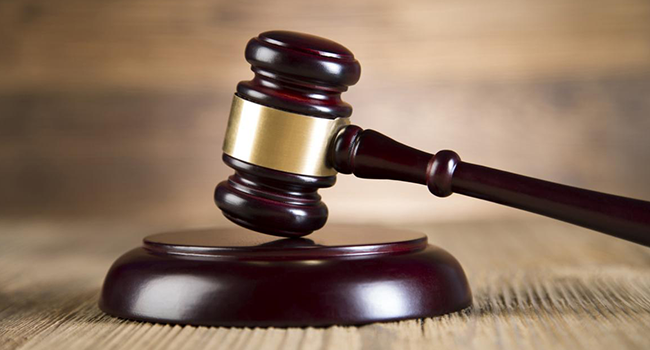The Kenyan High Court has sanctioned the use of military force to restore order after days of anti-tax protests overwhelmed the police.
Reports indicate that over 20 people have been killed in the nationwide protests, primarily led by young people opposing government plans to raise taxes.
On Thursday, armored military vehicles patrolled the streets of Nairobi as police used tear gas to disperse protesters who had threatened to storm the presidential palace.
A judge emphasized the necessity of the military deployment to protect government installations but instructed authorities to provide clarification within two days on the duration of the deployment and the rules of engagement.
“To deploy the military in a blanket manner without defining their scope of operation and the duration of their operation is a dangerous trend that can bring about militarisation of the country,” ruled Justice Lawrence Mugambi.
The Law Society of Kenya, which had petitioned the court to order the army back to the barracks, stated that it “respects but disagrees” with the ruling.
On Wednesday, President William Ruto yielded to pressure and announced the withdrawal of the finance bill containing the unpopular tax proposals. This decision came a day after parliament was briefly stormed and set ablaze by angry protesters.
Isaac Mwaura, the government spokesman, told the BBC’s Newsday programme that the withdrawal of the bill was a “huge blow to the government” as it left a “big hole” in the budget.
“It is really a big setback,” Mr Mwaura said, blaming “misinformed” Kenyans for opposing it.
“There was a very well choreographed campaign, both locally and internationally, to misinform and disinform people so that they can create a revolt,” he added.
The finance bill aimed to raise taxes to help alleviate the country’s debt burdens, as required by lenders such as the International Monetary Fund.
Many protesters doubt the president will implement the austerity measures he announced on Wednesday.
Reports of arbitrary abductions of protesters and the killing of at least 23 people, according to a doctors’ association, have fueled anger. Some protesters are now calling for the president’s resignation.
State agents have been accused of abducting hundreds of people linked to the protests.
Faith Odhiambo, president of the Law Society of Kenya (LSK), noted that many of those released show no physical injuries but are so traumatized that they refuse to speak about their experiences. “Most of them were thrown on the roadside and left really shaken. One of them left for the village where he said he felt safer near his mother,” Ms. Odhiambo told a local radio station.
The state-funded Kenya National Human Rights Commission reported that it had helped secure the release of more than 300 people who had been “illegally detained.”
Deputy President Rigathi Gachagua expressed regret that the criminal justice system had been used to manage the country’s politics.
Chief Justice Martha Koome condemned the abductions, stating they amounted to a direct assault on the rule of law.
However, Mr. Mwaura denied these accusations, claiming that “criminal elements who wanted a coup d’etat” had tried to exploit the peaceful protests.


